We have lots of different creatures in Canada from Polar Bears to bats to salamanders and everything in between.
While some are more solitary wanderers, many are seen repeatedly in groups and each group is called something unique, think a flock of geese, a herd of deer and a school of fish. Some of these collective nouns are quite creative! Let’s explore some that you may or may not have heard of.
An Army of Caterpillars
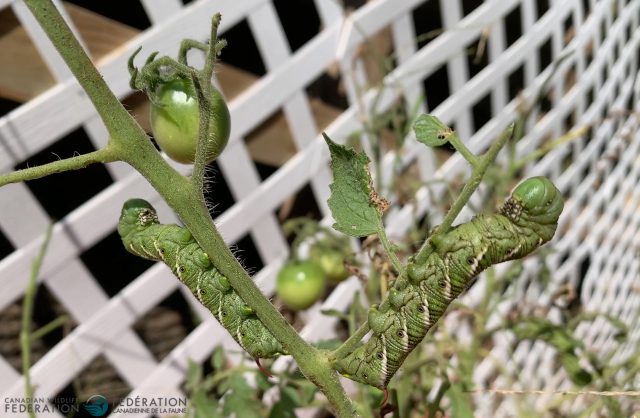
The name has been attributed to caterpillars in general, but an “army” of caterpillars was first attributed to tent caterpillars! Once they’ve munched their way through one plant, they’ll march in large groups to another plant – just like an army.
A Cauldron of Bats
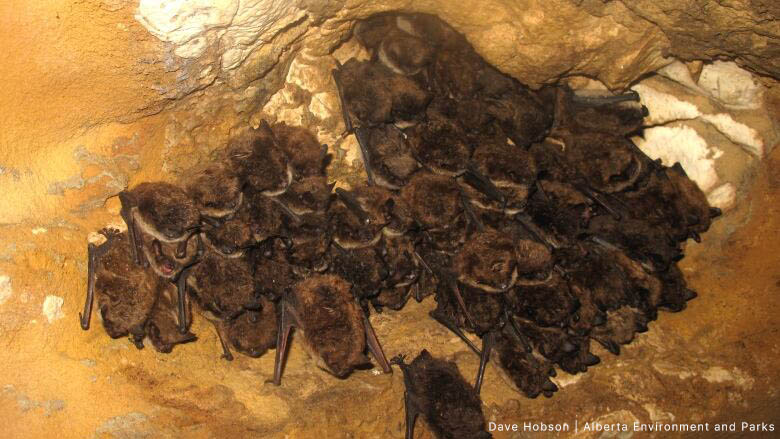
More than a symbol for Halloween, a cauldron of bats – or more often a colony – like to form in groups to socialize, communicate, and hunt for insects together. They also come together in groups to hibernate through the winter, offering each other body heat to stay warm.
A Smack of Jellyfish

Did you know that Canada has jellyfish? A group of jellyfish is called a smack because these creatures can smack you with their painful sting. You might stumble upon a smack of jellyfish as they forage for food or follow a current.
A Prickle of Porcupines
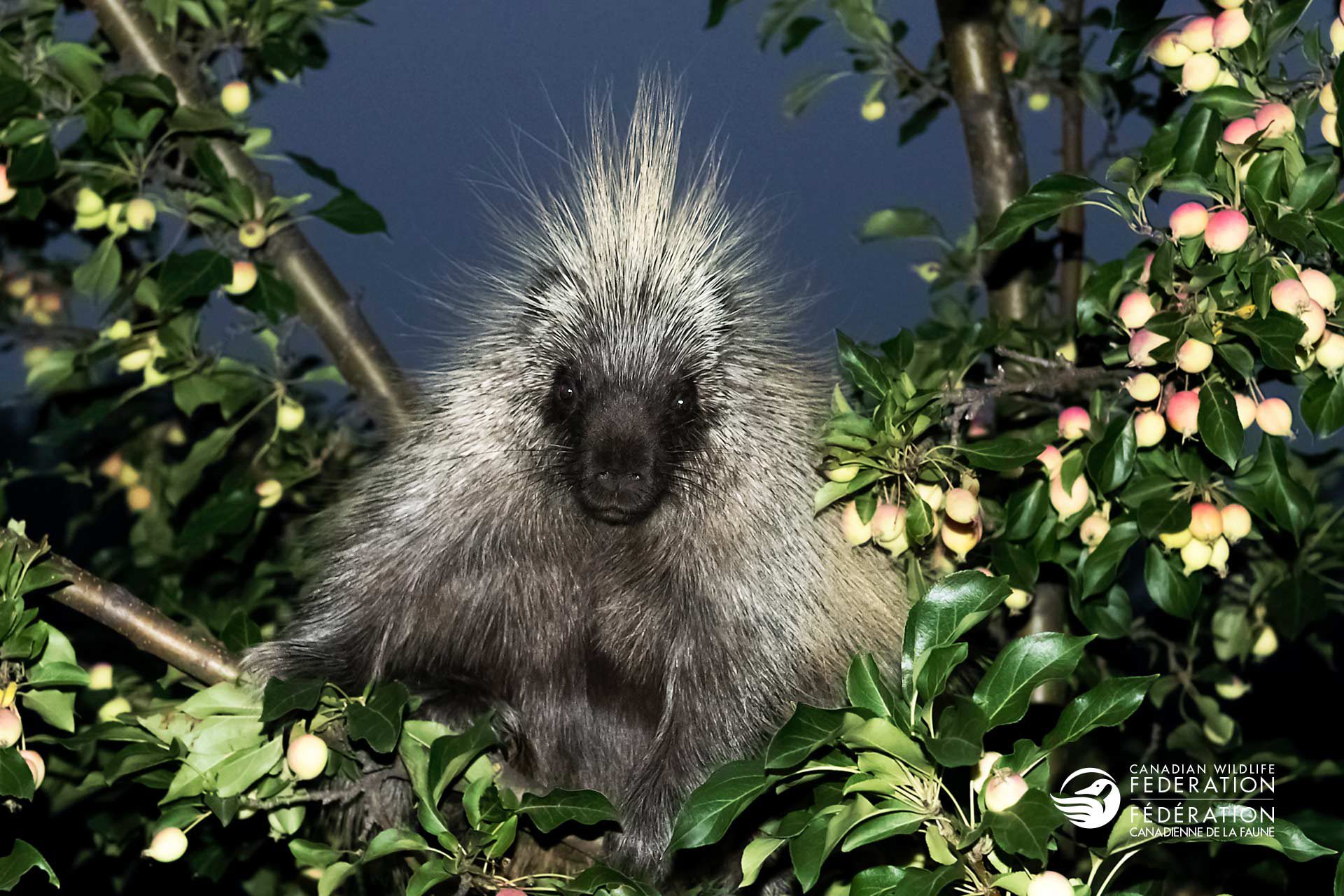
Has a there been a collective noun better suited for a species? We think not! With over 30,000 quills, a prickle is a pointed tip and accurately describes what you’d feel if you ever encounter a defensive porcupine. It’s rare to come across a prickle of porcupines though. They spend most of their time alone, but they will come together to hibernate. As many as 12 porcupines will overwinter in a den together.
A Skulk of Foxes
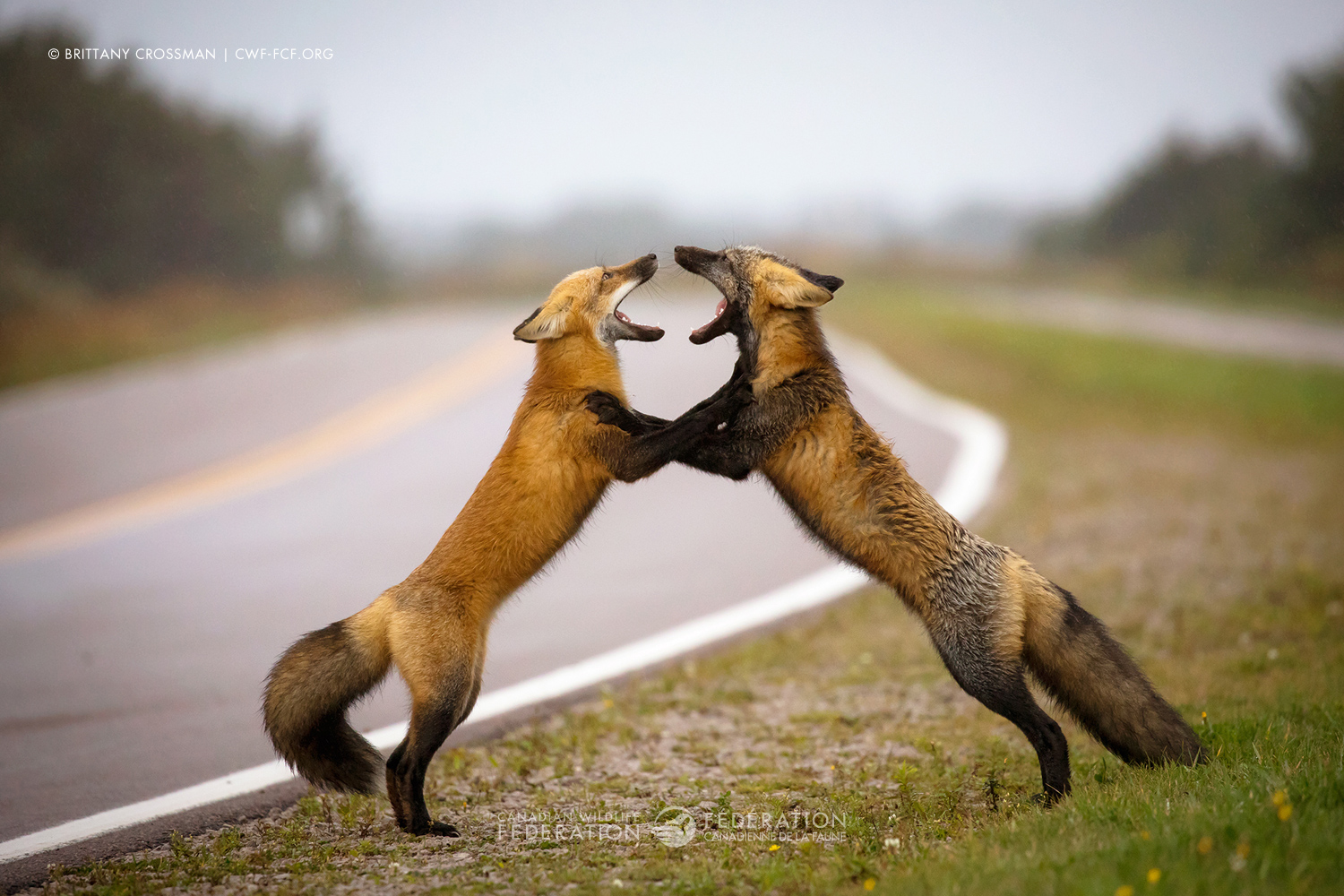
To “skulk” is to act cowardly or lurk in the shadows. It’s no surprise that a formerly disreputable animal like a fox would be known collectively as a skulk of foxes. After all, foxes used to have a bad reputation for stealing chickens from farms under the cover of night. Today foxes are more usually appreciated by farmers for the vast numbers of crop-destroying small mammals and insects they can consume.
A Business of Ferrets
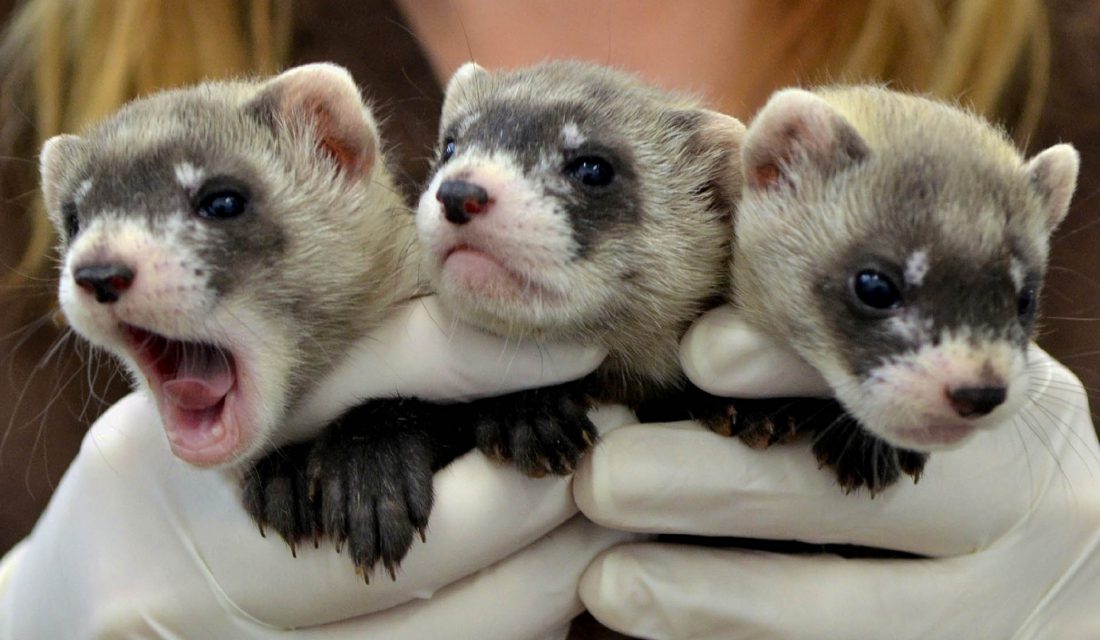
It is believed the name “A Business of Ferrets” came to be due to the nature of ferrets always being on the go. That’s certainly true for Canada’s native ferret – the Black-footed Ferret. Before they were extirpated in Canada, this small mammal was particularly busy at night as it entered burrow after burrow attacking their favourite prey of all – the Prairie Dog.
A Murder of Crows
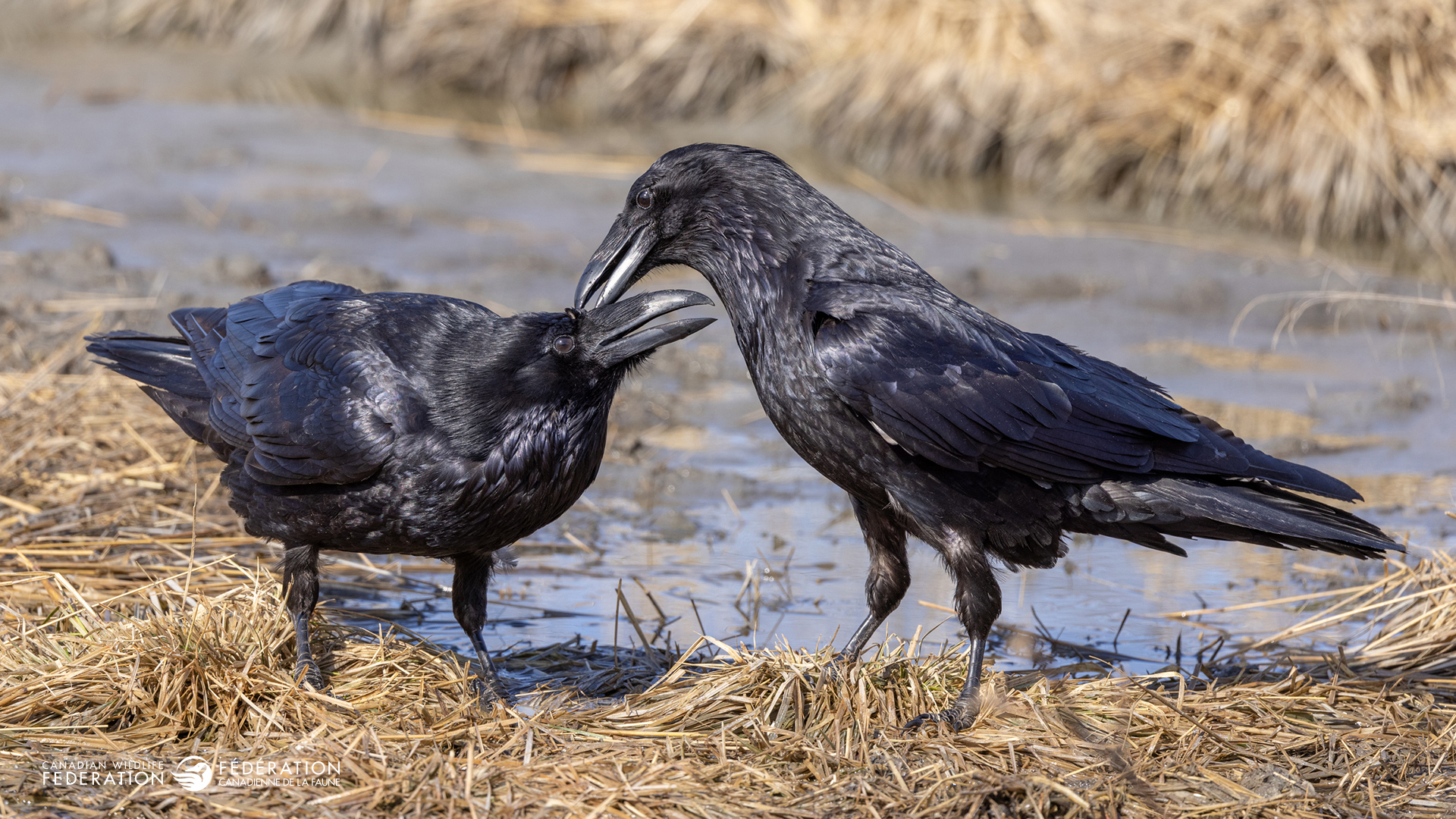
One of the most interesting origins of collective nouns goes to crows! Crows are known to put other birds in their place (even other crows!) when it comes to their territory. The collective noun – “murder” – originates from folklore in which crows would hold trials, judge, and punish a fellow crow that had done something wrong!

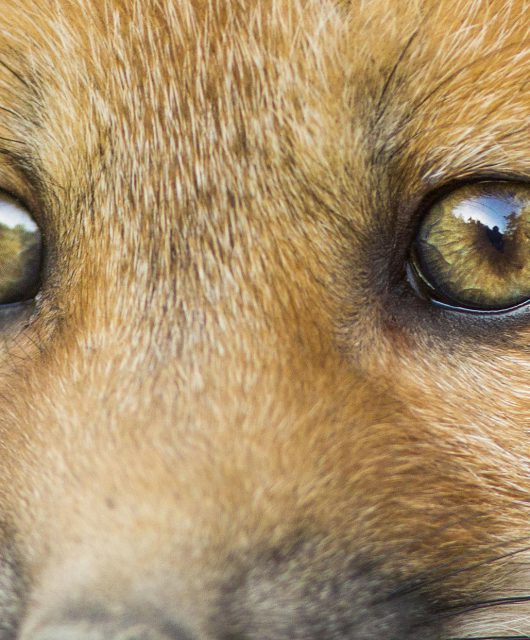
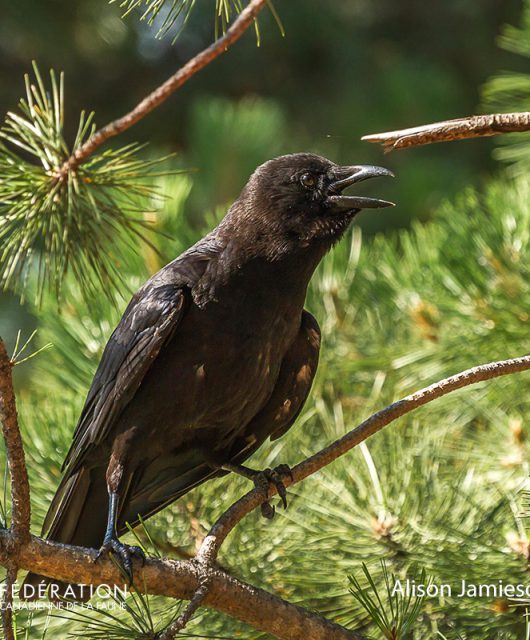
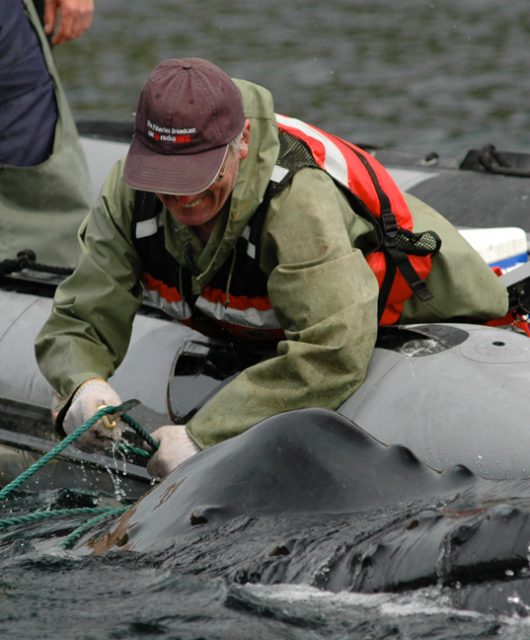
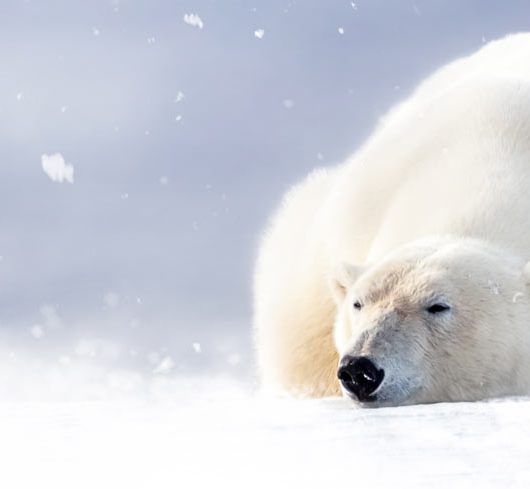
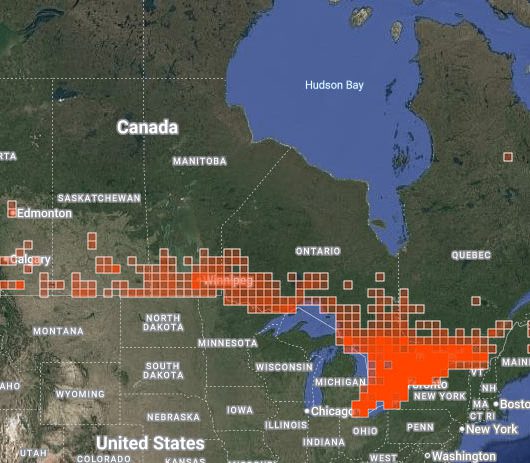
12 comments
Enjoyed reading this ….Thankyou!